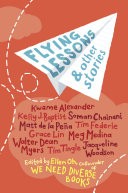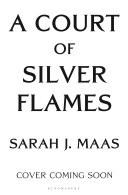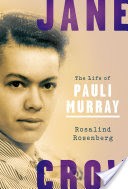
Pauli Murray: Trained as a lawyer her research and paper for a class her senior year provided a springboard for Thurgood Marshall‘s and the NAACP‘s civil rights litigation. A paper she co-wrote in the 1960s provided one leg of Ruth Bader Ginsberg‘s litigation on behalf of women‘s rights. She served on JFKs Presidential Commission on the Status of women and also helped found NOW. First black Episcopal priest in the U.S.




















